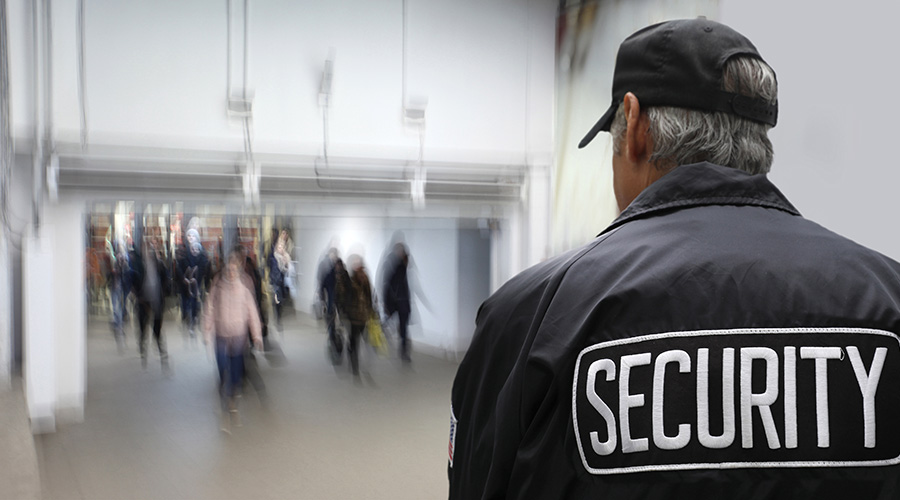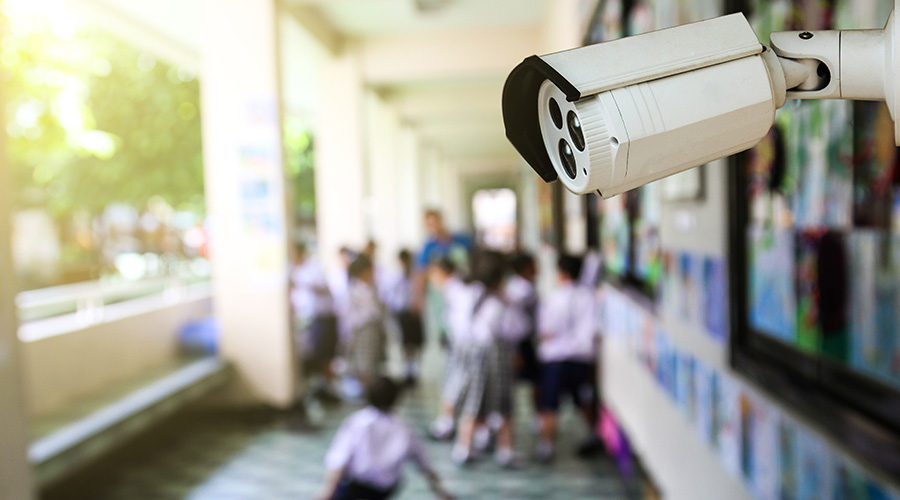Virginia Tech Panel Slams Staff for Poor Communication, Failure to Heed Warning Signs in Troubled Student
In releasing it's long-awaited report Wednesday on the Virginia Tech shooting, an external panel commissioned by Virginia Gov. Tim Kaine strongly faulted the university, suggesting that failing to communicate a warning in a timely manner cost lives.
In releasing it's long-awaited report Wednesday on the Virginia Tech shooting, an external panel commissioned by Virginia Gov. Tim Kaine strongly faulted the university, suggesting that failing to communicate a warning to campus in a timely manner cost lives.
The report also faults the university for not intervening even though Seung-Hui Cho displayed numerous signs of mental instability in the year before he shot 32 students and faculty members. While a number of different campus officials knew about Cho's prior examples of instability, the information wasn't centralized, no one put the pieces together, and campus officials erroneously believed privacy laws prevented them from acting, the report says.
Cho's shooting on April 16 marked the nation's worst massacre. It began when Cho shot and killed two students in a dorm on campus. He then returned to his room for two hours to mail a package to NBC news and erase his e-mail. When he emerged, he entered an academic building on campus and shot and killed 30 people in less than ten minutes.
Campus police erred in not requesting that the university's policy group issue a campus notification to act with caution immediately after the first two students were discovered dead, the report says. Instead, more than two hours passed before a notification was issued, a decision that was likely in conflict with university policy.
Flawed Emergency Response Plan
The campus emergency response plan, which was two years old, was deficient in not considering a shooting scenario and didn't put police high enough in the university's emergency decision-making hierarchy, the report concludes.
Locking down the campus in response to a shooting would have been impractical. No classroom doors had locks, and the size of campus made it impractical. In addition, there were no security cameras on campus, the report noted.
Security cameras outside of the dorms may have aided police in identifying the shooter sooner, according to the report. After two students were shot in the dorm, campus police had mistakenly thought the shooter was not Cho, but a different student.
Among the more than 70 recommendations issued, the panel recommended that the campus update its emergency planning, broaden the campus threat assessment team, train students in staff annually in how to respond to an emergency, and share information more quickly during an emergency. The report also includes recommendations for choosing an emergency notification system.
Members of the panel included former Homeland Security Secretary Tom Ridge, an FBI agent, former state police superintendent and psychiatrist.
Related Topics:











